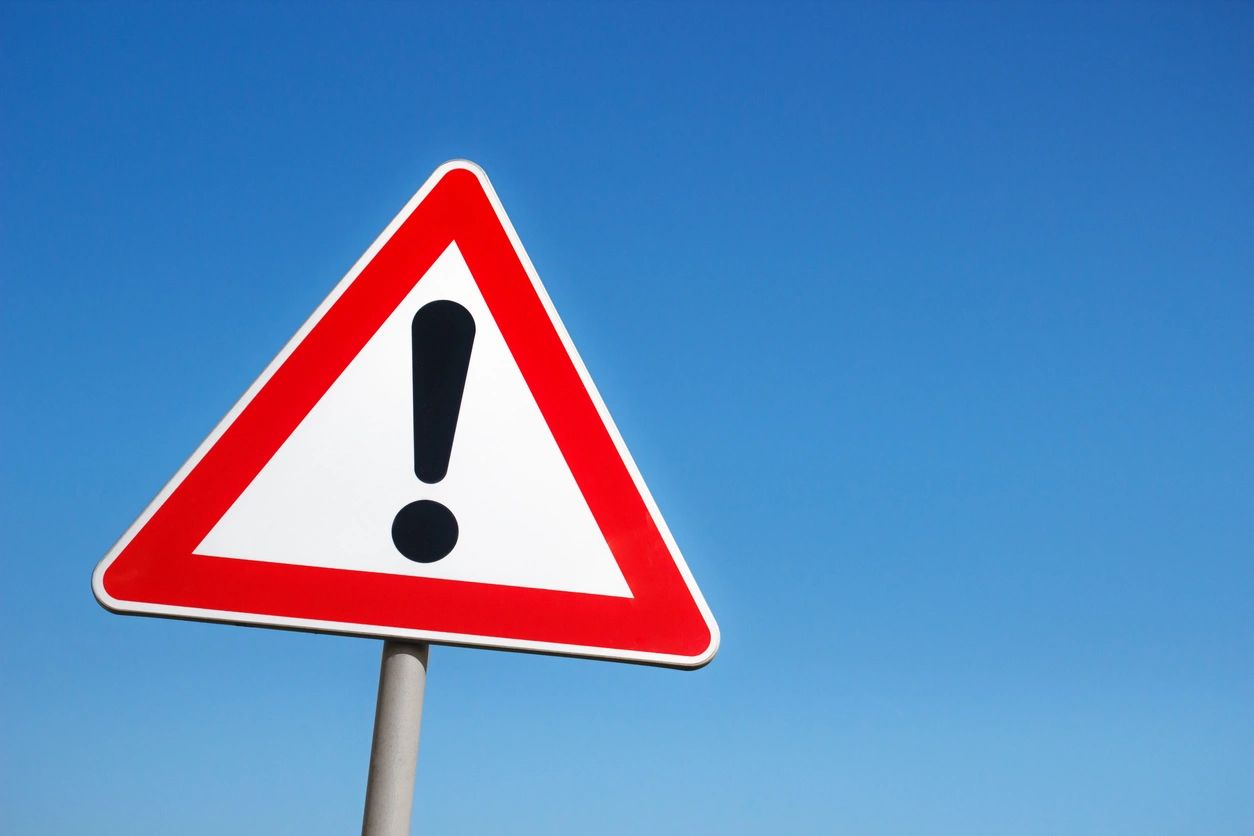
After Covid lockdowns, I was so excited to go back to the gym. But, to my disappointment, once I returned, it was not what I expected. The experience was somehow less fulfilling than before. It felt weird at first, especially with social distancing (every other treadmill blocked off), masks, people avoiding each other, and all the hand sanitizers. The casual re-connection with others via a group setting that I was seeking was not there, that or my expectations were too high for how great it would be to go back. It was a let-down because I was expecting things to be “normal” again, and that ship had sailed in March of 2020.
While I am the typical type-A, high D on the DISC profile, self-starter leader type, I was struggling to put on my shoes to go for a run or get to the gym. I hit the “lack of motivation” wall. 2020 had worn on me more than I realized. I needed a new challenge or inspiration to remain active.
My niece and others had recommended Orange Theory. It looked difficult, intimidating, something people much younger than me should be doing. It was just the challenge I was looking for.
After trying it, was hooked from the beginning. Not only do I love it, but am doing much more than I ever thought I could.
So, what changed? Orange Theory has treadmills, rowers, weights, all things that were available to me before. The difference is the group coaching and accountability.
Did I need Orange Theory to exercise?
No. But joining helped me realize my limits were self-imposed based on headtrash about my age and capabilities. Nor did I realize the incremental benefits associated with group personal training and great coaches, until I tried it.
There is no way I would choose to tackle these intense workouts on my own. It was not on my radar as something I could or should do. Not only could I complete the workouts, but I was being challenged to do more, and to my surprise, was succeeding.
Accountability and Metrics
There are some notable parallels between the things that make Orange Theory successful and how those are also tenants of a good sales organization.
One of the many reasons Orange Theory works is their culture of accountability as well as a focus on specific, measured goals for each workout, with clear dashboards. If you do not show for a class, your account is charged a $12 – $20 fee. During your workout, there is monitor with your workout stats so you know how you are doing. And of course, all my numbers are all recorded on an app on my phone.
When you take classes over time, you build relationships with the coaches and others, and feel a sense of personal accountability. I like my coaches and don’t want to let them down.
For the past five years as outsourced sales manager and coach, I have dedicated myself to helping other sales professionals and organizations realize their potential. Most the sales-people and teams I work with are accomplished and successful. They know what they are doing.
But, life happens. Pandemics, changes in economic conditions, supply chain and delivery issues, companies merge or are acquired, new leadership, management does not have time to dedicate to sales coaching, personal issues outside of work distract, and more. We know the list of sales challenges can get long.
In most environments, sales teams have tough jobs. Providing that extra layer of personal coaching and accountability can provide incremental changes in sales numbers and help with employee retention.
Regardless of past successes or how good we think we are, there are times many of us can benefit from a coach to be better and realize we can accomplish more than we believe we can.
Having a personal coach and accountability that goes with it, whether it is in fitness, sales, or life can help us grow faster than if we go it alone.
